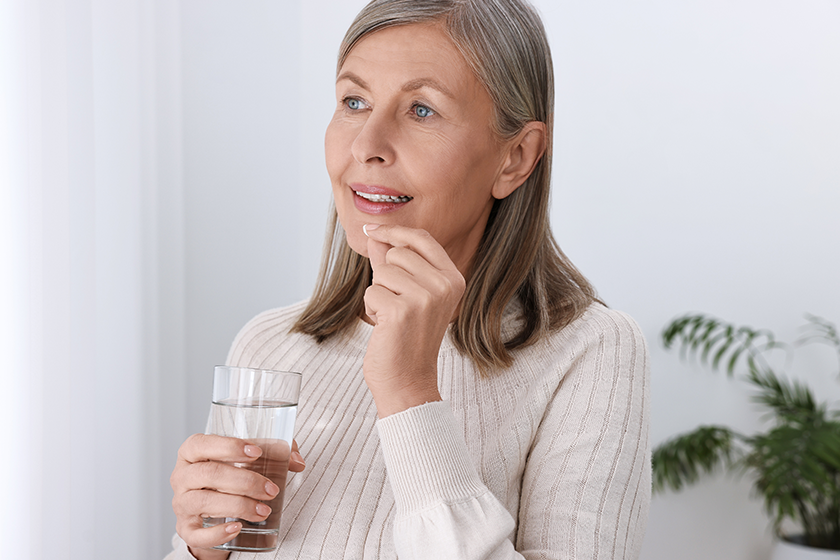What To Know About Water Safety In Assisted Care Houses

Ensuring the safety of your loved ones in Assisted Care houses is a top priority. One critical aspect often overlooked is water safety. Water-related accidents can pose significant risks, especially for the elderly. Understanding how to mitigate these risks can provide peace of mind and a safer environment for your family.
Understanding The Risks
Water safety in Assisted Care houses involves more than just preventing slips and falls in the bathroom. It's essential to consider the potential hazards of hot water, bathing and drinking water. Elderly individuals may have reduced mobility, making responding quickly in emergencies challenging. Additionally, cognitive impairments can affect their ability to recognize and react to dangers.
Hot Water Temperature Regulation
One of the primary concerns in water safety is hot water temperature. Scalding is a severe risk for elderly individuals, as their skin is more sensitive and slower to heal. It is crucial to ensure that water heaters are set to a safe temperature, typically not exceeding 120 degrees Fahrenheit. Installing anti-scald devices on faucets and showerheads can provide additional protection.
Bathroom Safety Measures
Bathrooms are common sites for accidents due to slippery surfaces and limited space. To enhance safety, consider installing grab bars in showers and near toilets. Non-slip mats can reduce the risk of falls, and a shower chair can provide stability during bathing. These modifications can significantly decrease the likelihood of accidents.
Supervised Bathing Practices
For some, independent bathing may not be safe. In such cases, supervised bathing can help prevent accidents. Trained caregivers should be present to assist with getting in and out of the bathtub or shower, ensuring that your family members are safe throughout the process. This practice not only enhances safety but also provides emotional support and comfort.
Drinking Water Safety
Access to clean, safe drinking water is vital. Make sure that the water supply is regularly tested for contaminants. Using water filters can help remove impurities and provide a safe drinking source. Educate older adults about the importance of staying hydrated, as dehydration can lead to various health issues.
Pool Safety Precautions
Strict safety measures are necessary if the Assisted Care house has a pool. Ensure the pool area is securely fenced and locked when not used. Supervision is crucial whenever residents are near or in the pool. Additionally, ensure that life-saving equipment, such as life rings and reaching poles, is readily available and that caregivers are trained in basic water rescue techniques.
Emergency Preparedness
Having a well-defined emergency plan is essential. Know that caregivers are trained in CPR and first aid, and that emergency contact numbers are easily accessible. Regular safety drills can help everyone know what to do in a water-related emergency. Communication devices should always be within reach, especially in high-risk areas like bathrooms.
Creating A Culture of Safety
Promoting a culture of safety involves educating both caregivers and residents about the importance of water safety. Regular training sessions can keep everyone informed about the best practices and new safety measures. Encouraging open communication can also help identify potential hazards before they lead to accidents.
Water safety is a critical aspect of ensuring the well-being of your loved ones in Assisted Care houses. By understanding the risks and implementing preventive measures, you can create a safer environment that allows them to live comfortably and securely.
We invite you to learn more about how we prioritize safety and well-being with exclusive services and amenities in our community. Schedule a tour today to see how we can provide a secure and caring environment for your family members. Visit our website for more information on our Military Veterans Program.
